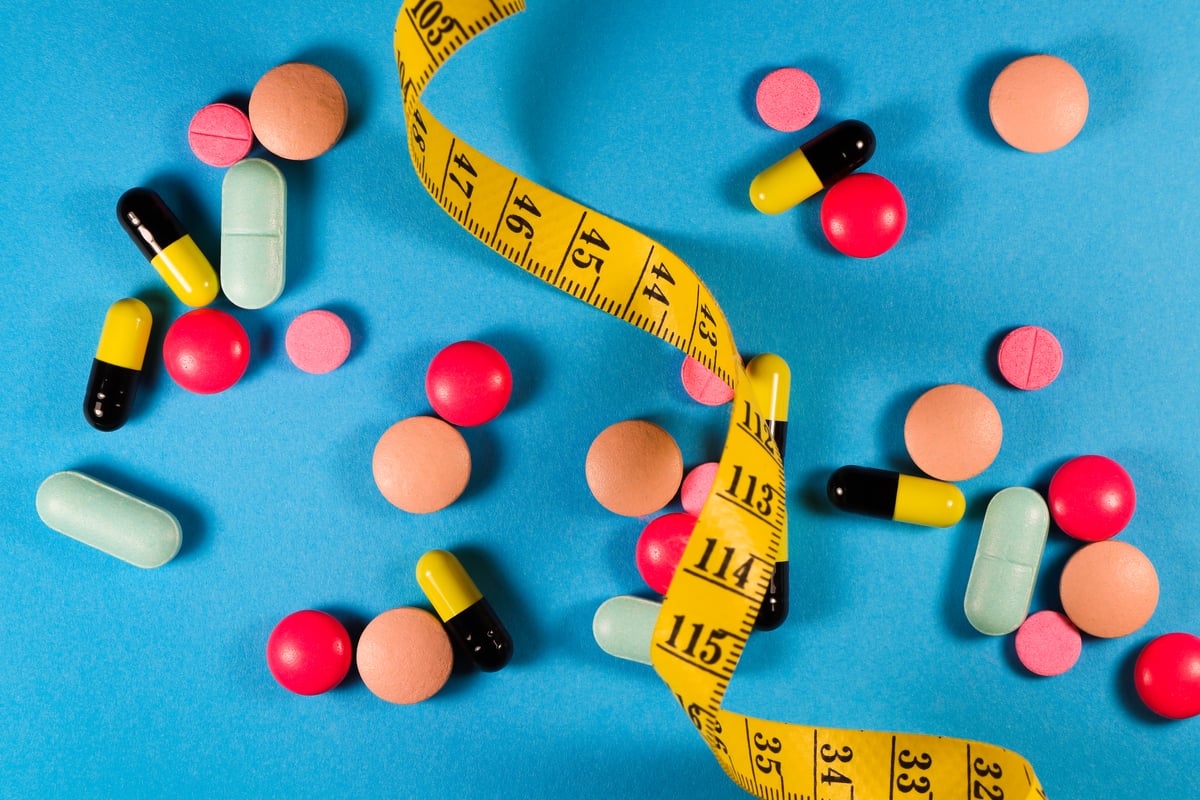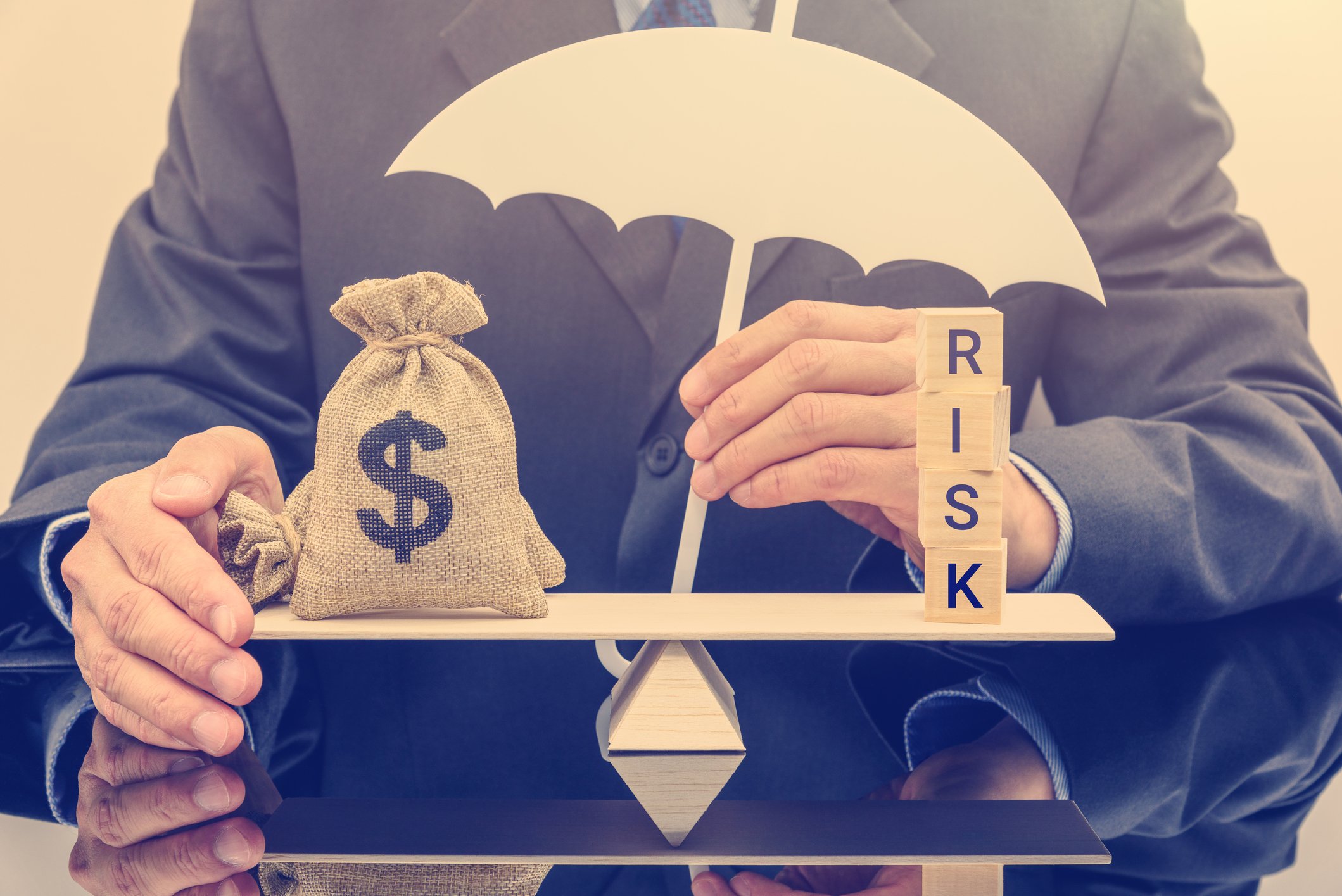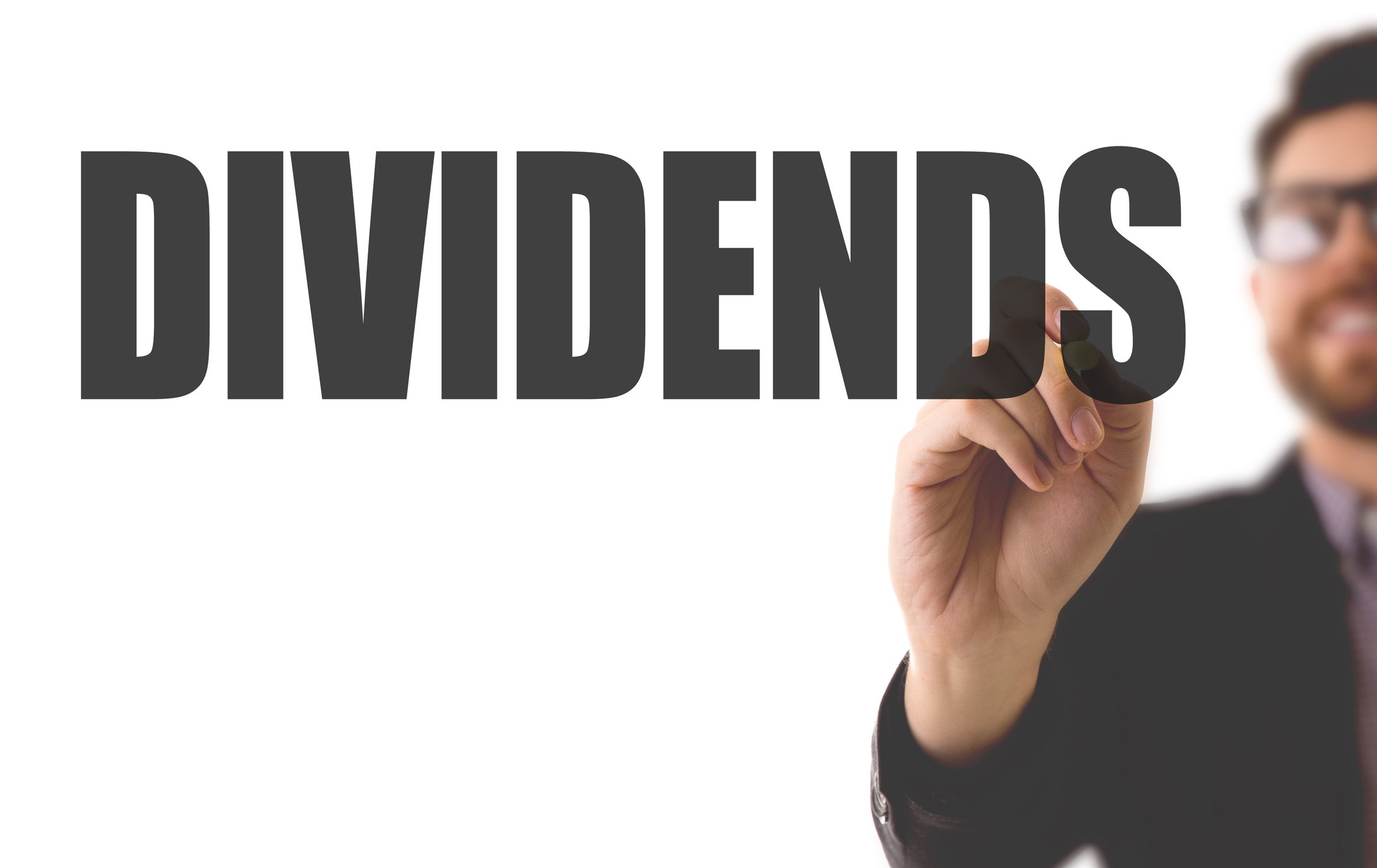Victory in the coronavirus space isn't new to Pfizer (PFE 0.94%). The pharmaceutical giant scored its first major win last December, when the U.S. Food and Drug Administration (FDA) granted its vaccine Emergency Use Authorization (EUA). With that, Pfizer became the first to bring a COVID-19 vaccine to market.
Other victories followed. Billion-dollar orders from the U.S. and Europe, for example. And an EUA this spring for use of the vaccine in young people ages 12 and up. This month, Pfizer announced more good news. The FDA offered its vaccine full approval. Now the question is: Could this be Pfizer's biggest win yet? Let's find out.

Image source: Getty Images.
EUA versus full approval
First, let's look at the difference between EUA and full approval. The FDA grants EUAs in emergency situations -- such as a pandemic. Coronavirus vaccine EUAs have been based on data collected two months after phase 3 trial participants received their full vaccination regimen. The idea is to offer people access to a lifesaving product a bit early because of the extreme need for it. The EUA only is valid while the situation is considered an emergency. Meanwhile, the company continues to gather clinical trial data to support its initial findings.
To gain full approval, Pfizer provided the FDA with six months of data following the second vaccine dose. Again, that's from the phase 3 trial. The company also submitted more extensive manufacturing information to the regulatory agency. The FDA approval, based on this data, now confirms the safety and effectiveness of Pfizer's vaccine. And it isn't temporary like an EUA.
Approval is important because it means Pfizer can count on selling its vaccine well beyond the pandemic. But will approval increase demand for Pfizer's vaccine? Yes, in two ways. First, some individuals who initially worried about the vaccine's safety may feel more confident about going for a jab. That's because the FDA reviewed data gathered after a longer period of time -- and still found the vaccine safe and effective.
Second, healthcare systems and other organizations now may find it easier to mandate vaccination for employees. For instance, Spectrum Health of Michigan said earlier this summer that it will require vaccination within eight weeks of FDA approval of a vaccine.
Will sales climb?
Now, the next question is whether this will boost Pfizer's sales. The answer is: not immediately. The U.S. population age 18 or older totals about 255 million. Technically, if every individual needed a vaccine right now, that would equal 510 million doses. (Pfizer's product is a two-dose vaccine.) Through Pfizer's current agreement with the U.S., it is supplying the country with 500 million doses of vaccine.
But we have to keep in mind the following: So far, 172 million Americans have been fully vaccinated -- and that includes some teens and people who have received Moderna or Johnson & Johnson vaccines, as well as those who've opted for the Pfizer jab.
Since many Americans already have been vaccinated, the current supply of Pfizer vaccine may be enough to fill the new wave of demand.
Still, these new groups who may opt for the Pfizer vaccine could result in an increase in orders -- and revenue -- farther down the road. Here's why. If a great number of individuals go for Pfizer today, they will need a Pfizer booster in the future. And if they're satisfied with the vaccine's performance, it's likely they will want to continue with the Pfizer vaccine for the full regimen again later. Experts -- including Pfizer's CEO -- have said coronavirus vaccination may become an annual thing. So the government eventually may have to place bigger orders to keep up with demand.
Let's get back to our original question. Is approval Pfizer's biggest win? I think so. The company secured the top spot in the market before approval. It has fully vaccinated more Americans than have its rivals -- 93 million, versus Moderna's 65 million and J&J's 14 million. Now, the FDA decision confirms the vaccine's quality -- and ensures its place in the market beyond the pandemic. This, and the possibility of more revenue down the road, is a significant win for Pfizer -- and its investors.





